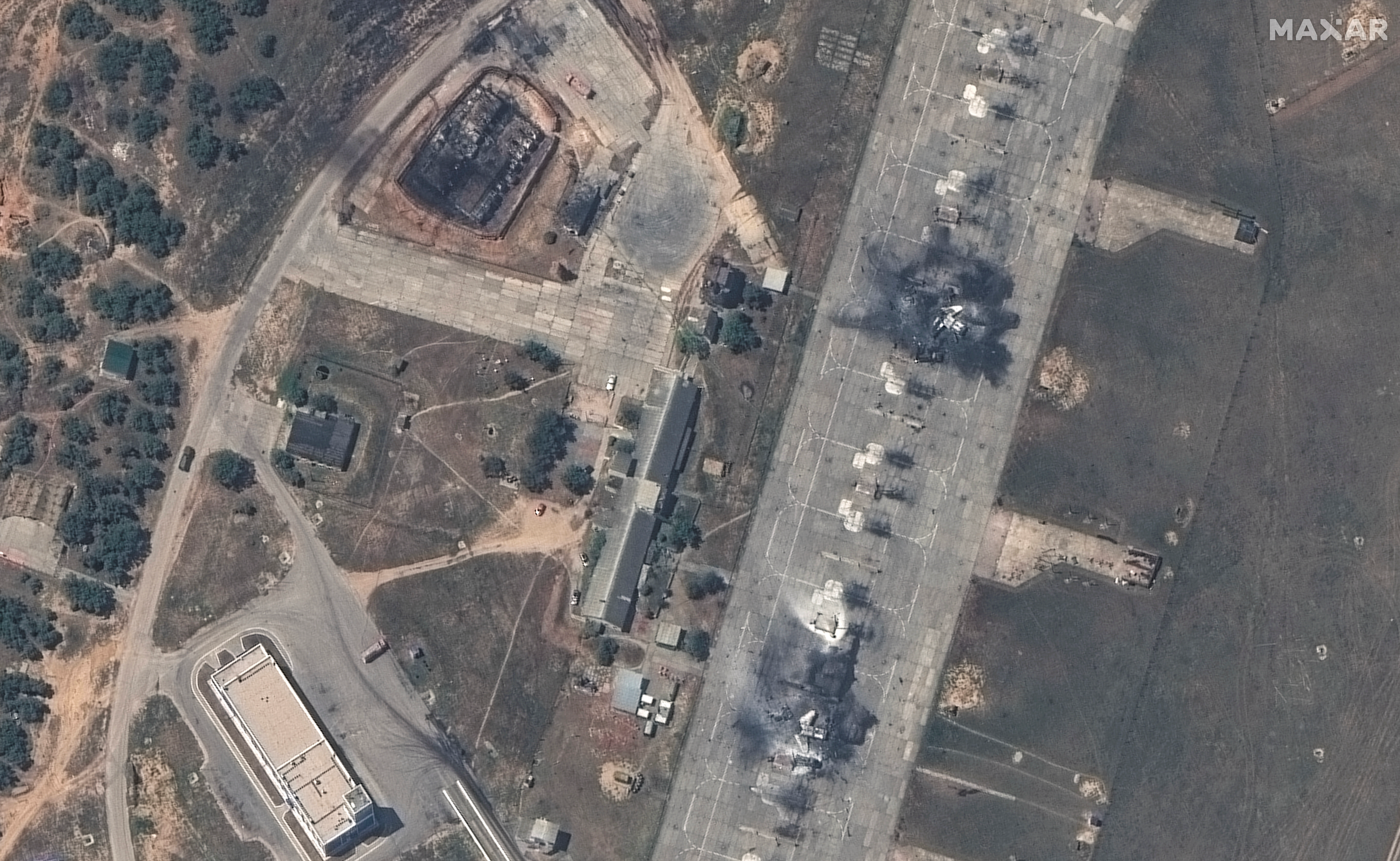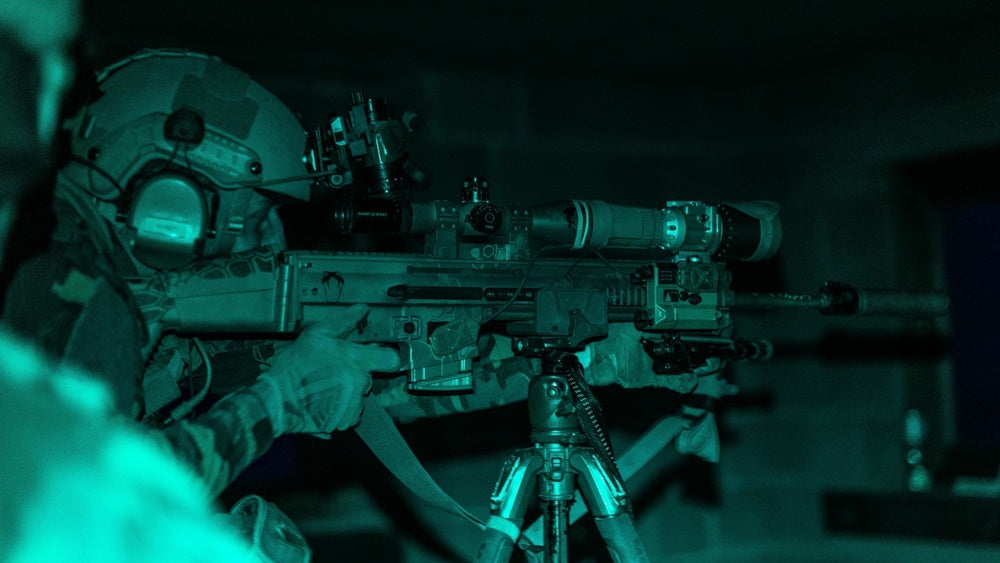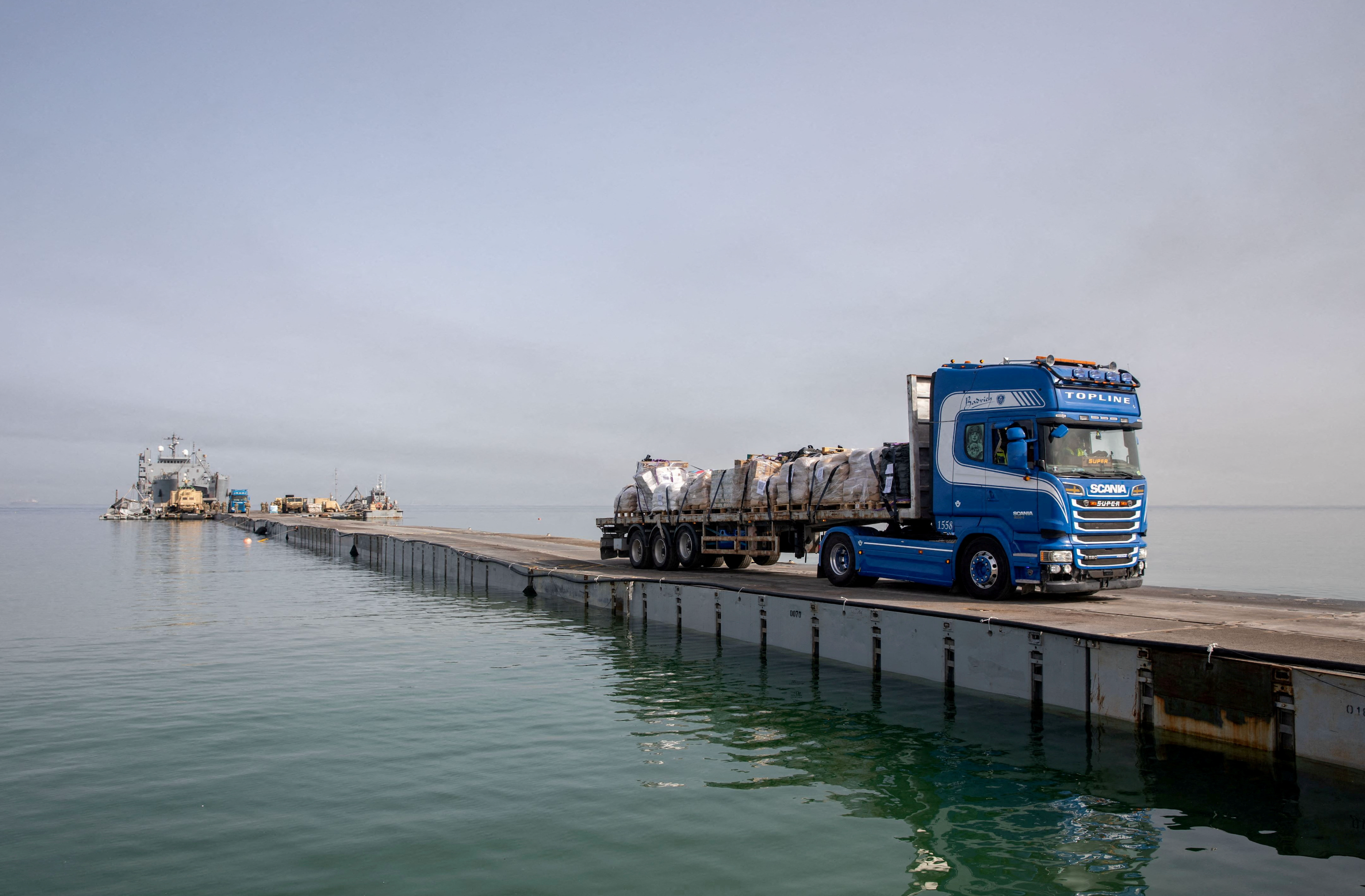
French, German leaders say Ukraine allowed to strike inside Russia
PHOTO CAPTION: Illustrative photo — A satellite image shows what appears to be a damaged MiG29 fighter following an attack at Belbek Airbase in Russian-occupied Crimea, Ukraine, May 16, 2024. Maxar Technologies/Handout via REUTERS
PARIS/BERLIN (Reuters) - France and Germany's leaders said on Tuesday Ukraine should be allowed to hit military sites inside Russia from which missiles were being fired at Ukrainian territory, but not other targets.
Russian President Vladimir Putin warned the West earlier in the day that NATO members in Europe were playing with fire by proposing to let Ukraine use Western-supplied weapons to strike inside Russia, which he said could trigger a global conflict.
"We support Ukraine and we don't want escalation, that hasn't changed," French President Emmanuel Macron said at a joint news conference with German Chancellor Olaf Scholz in Meseberg, Germany.
"We think we should allow them to neutralise military sites from which missiles are fired, military sites from which Ukraine is attacked, but we shouldn't allow them to hit other targets in Russia and civilian or other military sites in Russia."
Scholz said he agreed with Macron and that as long as Ukraine respected the conditions given by countries that supplied the weapons, including the United States, and international law, it was allowed to defend itself.
"Ukraine has every possibility under international law for what it is doing. That has to be said explicitly," Scholz said.
"I find it strange when some people argue that it should not be allowed to defend itself and take measures that are suitable for this."
Over two years into the deadliest land war in Europe since World War Two, as the West considers what to do about Russian military advances in Ukraine, Putin is increasingly evoking the risk of a global war, while Western leaders play it down.
NATO Secretary General Jens Stoltenberg told the Economist that alliance members should let Ukraine strike deep into Russia with Western weapons, a view supported by some European members of the transatlantic alliance though not the United States.
In Germany too, there is some resistance to the idea, with fears of an escalation into a wider conflict likely to play a role in upcoming local and state elections in the formerly communist east of the country.
Scholz has refused to provide Kyiv Germany's long-range Taurus missiles, which could potentially reach Moscow.
(Reporting by Michel Rose in Paris and Sarah Marsh, Emma-Victoria Farr and Andreas Rinke in Berlin; editing by Mark Heinrich)









